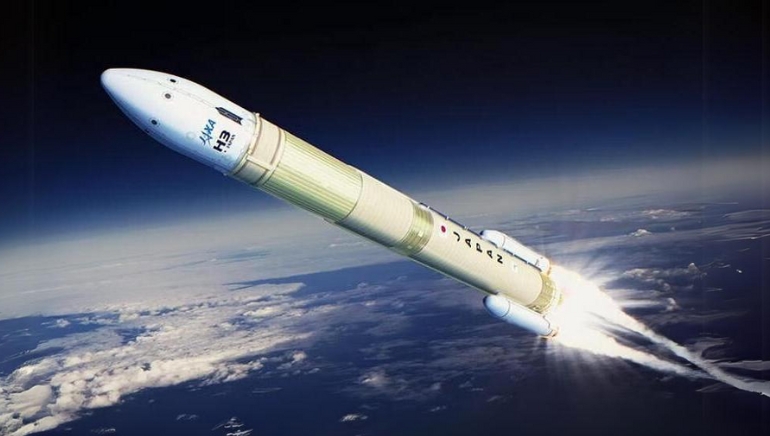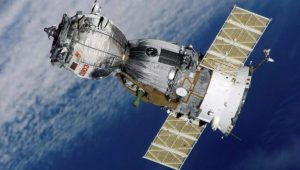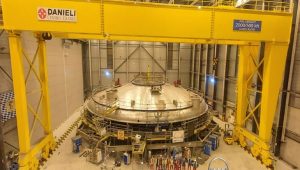In a determined pursuit of space exploration, Japan has announced its third launch attempt for the next-generation H3 rocket, scheduled for February. This endeavor underscores Japan’s commitment to advancing its space program and contributing to the global scientific community.
The H3 rocket, developed by the Japan Aerospace Exploration Agency (JAXA), represents a significant leap in technology and capability. Equipped with cutting-edge features and designed for versatility, the H3 aims to enhance Japan’s access to space, reduce launch costs, and accommodate a variety of payloads, including satellites and scientific instruments.
The previous launch attempts faced challenges that prompted a meticulous review and fine-tuning of the rocket’s systems. Launching a new generation rocket is a complex task, and each setback provides valuable insights for refinement. Japan’s persistence in addressing issues and proceeding with the launch demonstrates the resilience inherent in space exploration.
The upcoming launch holds particular significance as it marks a pivotal moment for Japan’s space ambitions. The success of the H3 mission will not only elevate Japan’s standing in the global space community but also contribute to the nation’s technological prowess and economic development.
The H3 rocket is poised to play a crucial role in supporting various space missions, including deploying satellites for communication, weather monitoring, and Earth observation. Its versatility positions it as a key player in the evolving landscape of space exploration, where the demand for reliable and efficient launch vehicles continues to grow.
As Japan prepares for its third launch attempt in February, the anticipation and excitement in the scientific and space exploration communities are palpable. Success in this mission will not only demonstrate the capabilities of the H3 rocket but also reinforce Japan’s position as a significant player in the ever-expanding frontier of space exploration.















